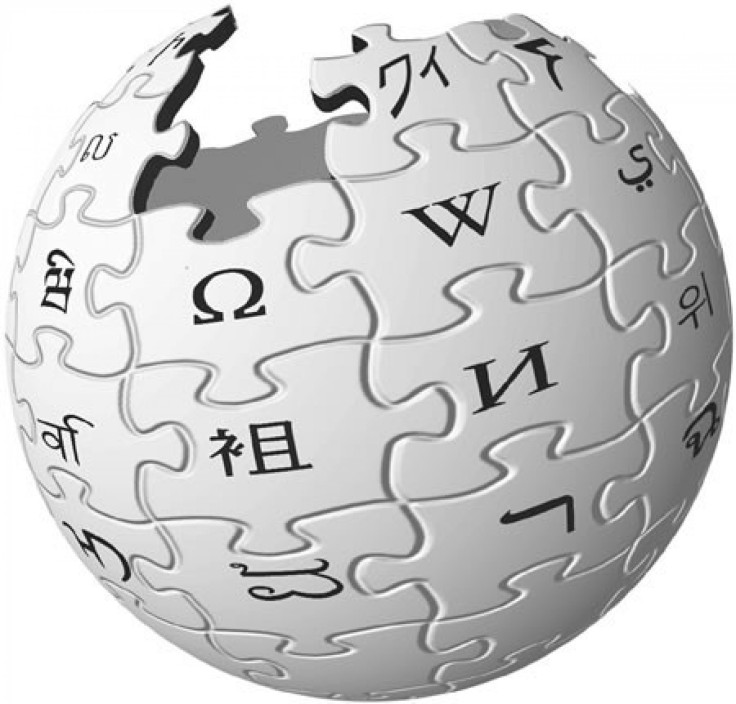Wikipedia Darkened by SOPA, PIPA Protest
A New Yorker's Opinion

Wikipedia is staging an anti-SOPA and PIPA blackout because, say its organizing community, It is the opinion of the English Wikipedia community that both of these bills, if passed, would be devastating to the free and open web.
Some might consider this a sign that the organization is, in fact, biased, and not a fair and balanced information provider. The following is a recreated dialog between newspapers readers, of the type quite popular with many professional news organizations that explores the wiki vs. traditional news approaches:
Reader 1: OMG Wikipedia is going dark!
Reader 2: It's bad journalism to use Wikipedia when you write the news. So who cares.
Reader 1: I always wondered what was so bad about it.
Reader 2: You can't tell if it is true or not. I mean anyone can write that stuff.
Reader 1: But it does get corrected quickly, it's called crowd-sourcing.
Reader 2: Well, I like to know my source. You can only trust some people.
Reader 1: Like who?
Reader 2 : Well a real news organization for one thing.
Reader 1: But they get things wrong all the time.
Reader 2: Sure but it's not the same at all, they stand by their reporting and if there is a problem they print a correction. Completely different thing.
Reader 1: But if it is on Wikipedia, then someone in the crowd comes in and corrects it, isn't that the same thing?
Reader 2: You wouldn't know who, though.
Reader 1: Do you know any of the people who write for these big newspapers? They just come and go, names in the bylines on the page, could be anyone, don't you think?
Reader 2: Well, I know the columnists.
Reader 1: And do they get their facts straight?
Reader 2: The ones I agree with do.
Reader 1: Ok, but look at this, for example, it's from Wikipedia:
Gerp's mouse lemur (Microcebus gerpi) is a species of mouse lemur known only from the Sahafina forest in eastern Madagascar, near Mantadia National Park. Its discovery was announced in 2012 by a German and Malagasy research team. The Sahafina forest had not been studied until 2008 and 2009, when GERP (Groupe d'Étude et de Recherche sur les Primates de Madagascar)-a Malagasy-based research and conservation group for which the lemur is named-inventoried the forests' lemurs. That sounds fair, doesn't it?
Reader 2: I haven't the faintest interest in that lemur one way or the other. why would I waste my time reading that?
Reader 1: Ok, then how about this, something more controversial:
In the buildup to the 2003 war, the New York Times published a number of stories claiming to prove that Iraq possessed WMD. One story in particular, written by Judith Miller, helped persuade the American public that Iraq had WMD: in September 2002 she wrote about an intercepted shipment of aluminum tubes which the New York Times said were to be used to develop nuclear material.[citation needed] It is now generally understood that they were not intended (or well suited) for that purpose but rather for artillery rockets.
Reader 2: That proves my point exactly!
Reader 1: Really, how so? She got it wrong, as wrong as any crowd-sourced article. And it was widely used to justify us going to war!
Reader 2: The Times apologized for that and made Miller leave. That's what a real news organization does. None of this untrustworthy crowd-sourcing.
© Copyright IBTimes 2024. All rights reserved.











